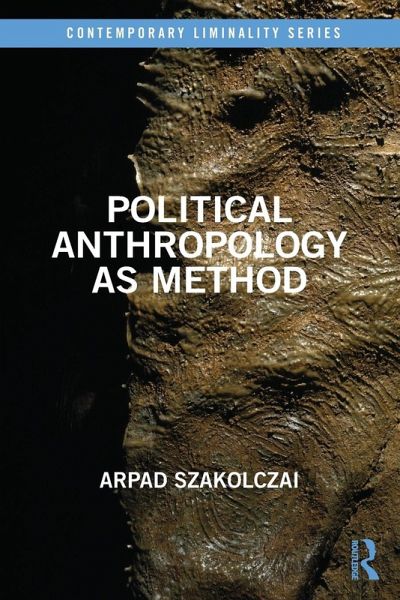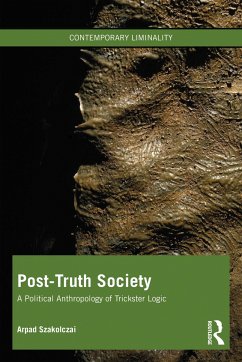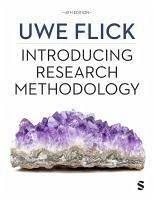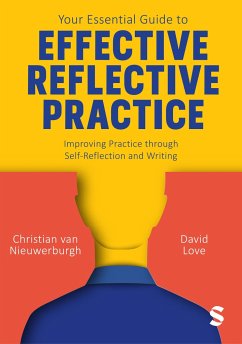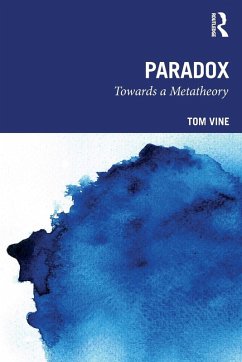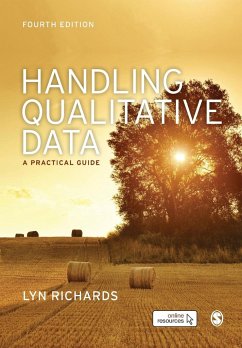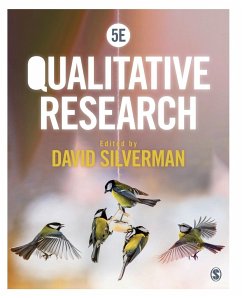UK
'The title, Political Anthropology as Method, gives nothing away. Knowing a little of Arpad Szakolczai's previous work, I anticipated a challenging, wide-ranging, multi-lingual, and enormously erudite discussion of genuinely fundamental questions in social science, philosophy, and theology. With such a guide no reader can be disappointed. Political Anthropology is a way of doing academic/scholarly/research work in order to understand political reality. This is not, however, a handbook on how to do things. Rather, it illustrates by way of examples. As F.R. Leavis used to say, it is a conversation that takes the form 'this is so, isn't it?' And expects by way of response, 'Yes, but ....' Such an understanding is already both personal and participatory -initially as a conversation, but also in what the conversation is about, namely understanding reality, the reality where the sun comes up in the east and sets in the west. Humans can never transcend such a participatory perspective. Political Anthropology thus provides the greatest contrast to what, conventionally, we call science, methodological, universal, professional, and especially quantitative, science. As for Method, it refers first to a path, a way, on which we, bipedal creatures, walk. Quadrupeds also rely on paths -they are motile, after all-to traverse both the undergrowth and the open prairie, but theirs are more beaten paths, game trails, than personal or new ones. The way is also spiritual and reflexive, from the Tao of Lao-Tzu to the Gospel of John (14:6). These paths imply movement, along the right way, which is already there, and they reach an end. One needs a trusted guide, not a map, to find the end of the road. Political Anthropology as Method shows that Szakolczai is such a person.' - Barry Cooper, Professor of Politics, University of Calgary, Canada'Political Anthropology as Method will transform the reader's view of methodology in understanding social life. It demonstrates how the social sciences went astray when they tried to imitate the natural sciences. It debunks the idols, the delusions, and the alchemy of so-called scientific research designs. It invites the reader to step back from objectivity, variables, and hypothesis-testing by which the dictates of methodology bend reality. Rather, it encourages researchers to trust their intuition, walk the unfamiliar ways that can be illuminated by trustworthy guides and, most of all, exercise one's own personal judgement. The rewards of reading this outstanding book will be many. Perhaps the most important one is that understanding social and political life is a long-winded journey, sometimes risky and often onerous. If we want to get a chance to illuminate reality and approach 'truth', it will demand the wholesale participation in the complexities of historically grown life.' -
Harald Wydra, Professor of Politics, University of Cambridge, UK'Arpad Szakolczai and his circle have been developing political anthropology over the past couple of decades.
Political Anthropology as Method provides an account of this school of thought. One would be tempted to call it the School of Cork (Ireland) if its members were not so spread out across Europe. But its lack of settled place is fitting because, as Szakolczai shows, political anthropology is less a reductionistic 'methodology' than a
met'hodos, a 'way' that traverses what Eric Voegelin, following Plato, called
metaxy. Political anthropologists follow the way not only
across various genealogies and an eclectic combination of disciplines, but also
up from the Anaximanderean
apeiron to the divine. Szakolczai invites the reader to join in their quest along the way.' -
John von Heyking, Professor of Political Science, University of Lethbridge, Canada'Political Anthropology as Method is a bold and breath-taking attempt to approach politics and humans differently. The usual methods of modern anthropology, based upon the Cartesian paradigm, are not only wrong but rather fatal, Arpad Szakolczai argues. A misguided understanding of rationality and science has made nature uninhabitable, and a dehumanized understanding of humans has made our social and political world hostile to a meaningful, good life. We seem to be substitutable parts of soul-less machinery. In this way, the history is read against the grain by Szakolczai; modernity appears as a genealogical drama. Even those who see modernity in a brighter light and who have more faith in the enlightenment and contemporary science must read this challenging book. With immense erudition and subtlety, hidden connections are revealed and examined critically. A completely different history of ideas dawns that radically turns our common interpretations upside down. At the same time, the outlines of a new (and partly rather old) humane anthropology emerge. Szakolczai's suggestions will undoubtedly experience as much admiration as harsh rejection. However, to echo Kant's remark about David Hume, this ingenious book is suitable to awaken everyone from the dogmatic slumber of too naïve a belief in modernity, whose terrible consequences we can experience everywhere.' - Christian Illies, Professor of Philosophy, University of Bamberg, Germany'
Political Anthropology as Method is a guidebook to explore vast and complex territories of contemporary philosophical, anthropological and political thinking, through an original and stimulating approach that starts from the experiences encountered by those who in our days take up an academic career in a humanistic field, moves to the critical analysis of scientific methodology, and reaches finally the theoretical, symbolical and mythical foundations that characterise its origins. Through such analyses there appears ever more clearly the methods used by the author whose principles are not announced, abstractly, beforehand, but rather emerge through a critical confrontation with important protagonists of modern thinking like Heidegger, Foucault, Voegelin, Mauss, and many others. The work of excavation is guided by a genealogical inquiry, which is separated from the historical: if this latter turns around the idea of process and advances universalistic claims, the other is guided by the idea of participation and is marked by movements of recognition. Participation is one of the central categories of the book, connected to the experiences of real life and its languages, but also having analytical significance. Experiences of participation are connected to gift-giving, a central anthropological term that has, however, remained marginal within the mainstream. The term liminality, also central for the book, is linked to the emergence of scientific thought and marks its limits, even in a mythical sense. The reconstruction of lines of meaning traced by the author, apart from the suspended and dilated liminal moment that characterises modernity, converge in outlining a political anthropology elaborated in a philosophical key. This renders the book a stimulating contribution to reflexions on contemporary society, of certain interest to philosophers, anthropologists, and scholars of politics.'
- Giuliana Parotto, Professor of Political Philosophy, University of Trieste, Italy'
Political Anthropology as Method guides our attention to some of the most intriguing parts of academic research. This book presents nothing less than an outlook to the world, and ways of researching real problems in the world we are inhabiting. Indeed, Arpad Szakolczai paves the way for personal and invested engagements with our contemporary predicament without prejudice but with bold clarity. Any scholar will benefit enormously from Szakolczai's graceful treatment of these fundamental issues.' -
Andreas Bandak, Associate Professor, Anthropology, and Head of Centre for Comparative Culture Studies, University of Copenhagen, Denmark